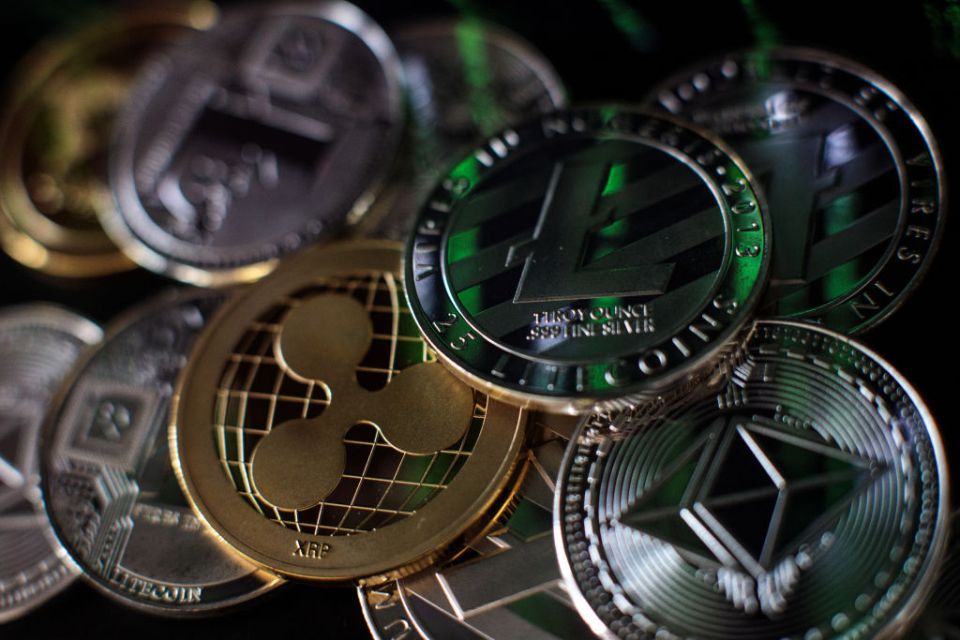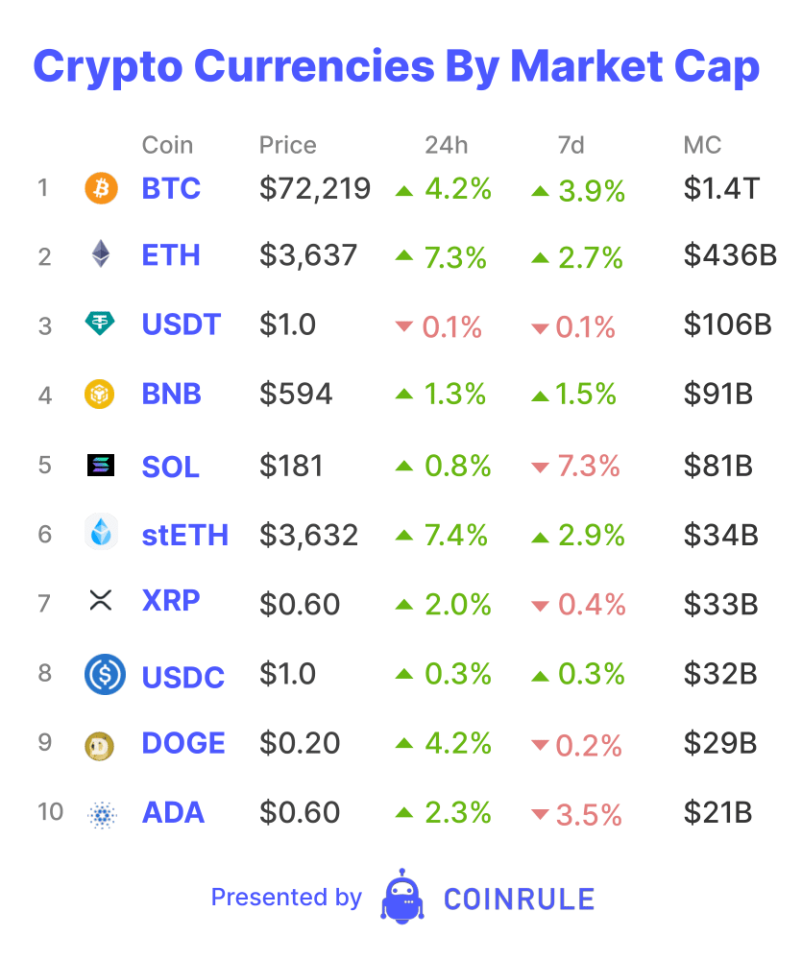New York Jury Find Terra Guilty Of Fraud
Over the weekend, one of the many crypto lawsuits reached a conclusion. This one involved Coinbase, and this time the exchange wasn’t fighting its arch nemesis, the SEC. This case involved a collection of aggrieved users who believed Coinbase should not have sold them certain tokens. The judge sided with the exchange. They stated that [...]



Over the weekend, one of the many crypto lawsuits reached a conclusion. This one involved Coinbase, and this time the exchange wasn’t fighting its arch nemesis, the SEC. This case involved a collection of aggrieved users who believed Coinbase should not have sold them certain tokens. The judge sided with the exchange. They stated that secondary sales of cryptocurrencies do not violate the Securities Exchange Act and will now possibly set the precedent for future cases.
The SEC also had a legal win on Friday against Terraform Labs, the creators of Terra. The theme of the case was failure of innovation versus blatant fraud. However, after two hours, the New York jury decided the makers behind the infamous UST stablecoin were liable for fraud. The SEC claimed Terra misled investors by claiming UST could remain “stable” and naturally return to $1 in the event of its de-pegging. UST also apparently required hidden investor support behind the scenes, in the form of capital injections, to maintain its peg. The SEC also made arguments on Terra’s misrepresentation of Chai’s network usage, an application that supposedly drove significant usage of Terra.

This battle between success, failure and fraud is one of the larger themes within crypto. Investing in crypto could be compared to investing in seed or early-stage startups in traditional finance. Both are risky with lofty promises made at an early stage. A large number of crypto projects release a token prior to gaining any kind of product market fit, or any token utility. A large number of startups raise funds prior to any kind of product market fit. This can result in astronomical gains when adoption occurs. However, it can also inspire fraud to ensure strong token performances and obtain funds. The question is: is this a worthwhile risk investors should be willing to accept in return for crypto’s occasionally outsized returns? Like a significant amount of the population already does, individuals can always choose not to invest in crypto if they do not accept the risk to potential reward. The advantage of crypto is: at least it gives access to all kinds of investors, not just the select few.



